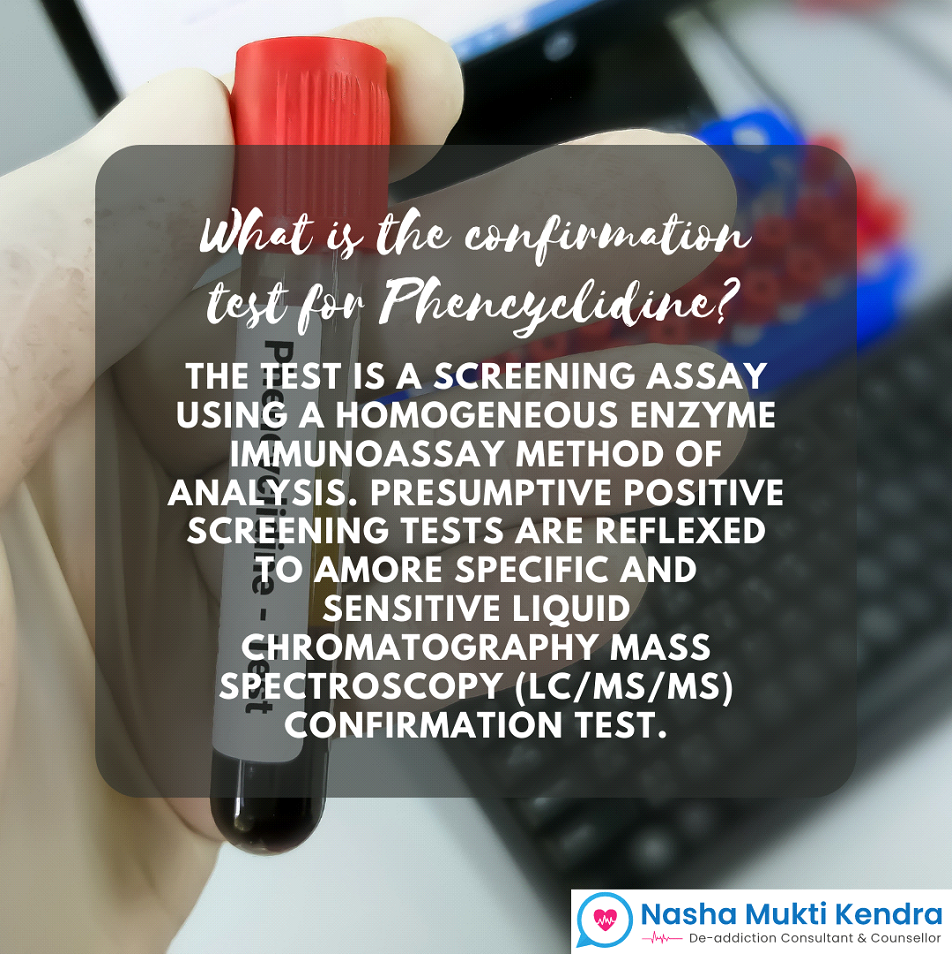In the realm of illicit substances, Phencyclidine (PCP) stands as a complex and potent drug with a notorious reputation. Also known as “angel dust,” PCP was initially developed as an anesthetic medication in the 1950s but was later abandoned due to its distressing side effects. Since then, it has gained infamy as a recreational drug due to its hallucinogenic and dissociative properties. This blog delves into the effects of PCP on the brain, its addictive potential, strategies to avoid its use, and the crucial signs that warrant seeking medical assistance.
PCP’s Effects on Your Brain
PCP’s impact on the brain is both perplexing and concerning. It belongs to the dissociative class of drugs, which means it can distort perceptions of sight and sound, create feelings of detachment from one’s surroundings, and induce a sense of euphoria. Some of its specific effects on the brain include:
- Hallucinations: PCP can cause vivid hallucinations where individuals experience sights, sounds, and sensations that are not present in reality.
- Impaired Judgment: The drug impairs cognitive functions, leading to poor decision-making and risky behavior.
- Memory Impairment: PCP can disrupt short-term memory, making it difficult to recall recent events.
- Agitation and Aggression: Users often become agitated and may exhibit aggressive or violent behavior under the influence of PCP.
- Numbness and Disconnectedness: A dissociative state can lead to a sense of detachment from oneself and the environment.
PCP Can Be Addictive
One of the most alarming aspects of PCP use is its potential for addiction. Despite its adverse effects, some individuals are drawn to the drug’s intense experiences, which can lead to repeated use and, ultimately, dependence. Several factors contribute to PCP’s addictive nature:
- Tolerance: Regular use can lead to tolerance, where higher doses are needed to achieve the desired effects.
- Withdrawal: When individuals stop using PCP, they can experience withdrawal symptoms such as cravings, anxiety, and depression, which can perpetuate drug use.
- Psychological Dependence: The intense hallucinogenic experiences PCP offers can create a psychological reliance on the drug to escape reality.
- Cycling Use: Some users engage in a cycle of bingeing and abstaining, which can heighten the risk of addiction.
How to Stay Away from It?
Preventing PCP use requires a multi-faceted approach that involves awareness, education, and healthy coping mechanisms:
- Education: Educating oneself and others about the dangers of PCP and its effects can serve as a deterrent.
- Healthy Coping Strategies: Encouraging individuals to adopt healthy stress-coping strategies such as exercise, meditation, and seeking social support can reduce the inclination to turn to drugs.
- Peer Support: Surrounding oneself with a supportive social network that discourages drug use can play a pivotal role in prevention.
- Treatment Programs: Engaging in counseling, therapy, or support groups can provide individuals with the tools to resist the lure of PCP.
When to See a Doctor?
Recognizing when professional help is needed is crucial to addressing PCP use and its potential consequences:
- Significant Impairment: If PCP use is interfering with daily functioning, work, relationships, or overall well-being, it’s time to seek assistance.
- Failed Attempts to Quit: Unsuccessful attempts to quit or cut down on PCP use may indicate the need for professional intervention.
- Withdrawal Symptoms: Experiencing withdrawal symptoms when attempting to stop using PCP is a clear sign of dependence and warrants medical attention.
- Mental Health Concerns: If PCP use is accompanied by mental health issues such as anxiety, depression, or psychosis, seeking help from a mental health professional is crucial.
Phencyclidine (PCP) is a potent and addictive drug with profound effects on the brain and behavior. Its potential for addiction and the complex nature of its influence make it crucial to stay informed, seek healthy coping strategies, and seek help if necessary. Educating oneself about the risks and being aware of the signs of addiction can empower individuals to make informed decisions and lead a healthier, drug-free life. If PCP use has escalated to a concerning level, seeking the assistance of medical professionals and addiction specialists is essential for effective treatment and recovery.
Choosing Nasha Mukti Kendra for PCP Addiction Recovery: A Path to Healing
Nasha Mukti Kendra stands as a light of hope and comprehensive care for individuals seeking liberation from PCP addiction. Our commitment to excellence, combined with our unique approach, sets us apart as a trusted choice for those on the journey to recovery.
Expert Clinical Psychologists
Our team comprises expert clinical psychologists who specialize in addiction treatment. With their expertise and empathy, they provide personalized care to address the intricate emotional and mental aspects of addiction. They guide both individuals and their loved ones on a path towards recovery, ensuring holistic well-being.
Nationwide Presence
Nasha Mukti Kendra in Dehradun reach spans across the country, ensuring that individuals seeking recovery can access our services easily. Our centers are strategically located to provide a safe haven for those in need, regardless of their geographical location. This accessibility ensures that nobody is left to battle addiction alone and that professional help is always within reach.
Comprehensive Approach
We believe in treating the person as a whole, addressing not only the addiction but also its underlying causes. Our multi-dimensional approach includes medical supervision, psychological therapy, support groups, and aftercare planning. This comprehensive strategy equips individuals with the tools they need to not only overcome addiction but also to thrive in their journey to recovery.
Love & Care Therapy
A distinctive facet of our approach is the implementation of American-based therapy known as Love & Care Therapy. This therapeutic approach extends beyond conventional methods by fostering an environment of empathy, compassion, and understanding. Love & Care Therapy not only tackles the addiction but also delves into the emotional roots, enabling individuals to heal from within. It helps develop healthy coping mechanisms, rebuild self-esteem, and strengthen emotional resilience.
We offer a compassionate, holistic approach that nurtures healing on all levels, empowering individuals to reclaim their lives from the clutches of addiction.
